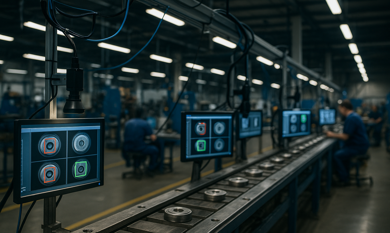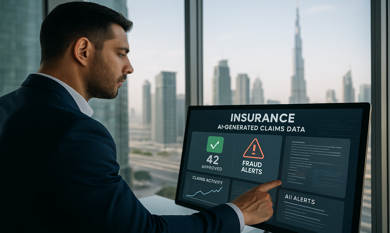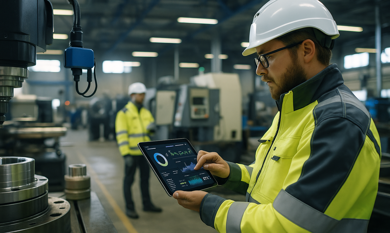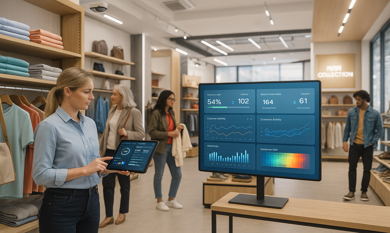The healthcare industry is rapidly shifting toward connected, data-driven ecosystems. Hospitals and care providers are under pressure to improve patient outcomes, reduce costs, and ensure compliance with ever-tightening regulations. A major challenge lies in integrating diverse medical devices into unified care management systems. Traditional setups often operate in silos, where devices generate valuable data but fail to connect seamlessly with electronic health records (EHRs) or clinical workflows. This is where the Internet of Things (IoT) drives fresh possibilities. By enabling medical devices to communicate with centralized platforms in real time, IoT is bridging gaps between patients, providers, and technology.
Pain Points in Healthcare Device Integration
Despite advancements in healthcare technology, integrating medical devices into a single ecosystem has been a persistent challenge:
- Fragmented Data: Devices often work independently, creating scattered information that is difficult to consolidate.
- Manual Monitoring: Healthcare staff spend significant time collecting, interpreting, and entering device data manually.
- Limited Interoperability: Devices from different manufacturers rarely communicate effectively with one another.
- Compliance Gaps: Handling sensitive patient data without a secure framework increases risks of breaches and non-compliance with HIPAA or GDPR.
These issues not only delay clinical decisions but also compromise patient safety and efficiency.
IoT-Powered Solutions
IoT changes this landscape by creating a connected network of medical devices and care management systems. Through IoT medical device integration, healthcare providers can unify real-time data streams, automate monitoring, and build smarter workflows. Some key applications include:
- IoT Patient Monitoring Systems: Wearables and sensors continuously collect patient vitals like heart rate, oxygen levels, and blood pressure, feeding data directly into EHRs.
- Smart Healthcare IoT Solutions: Automated alerts notify clinicians of irregularities, reducing emergency response times.
- IoT Applications in Healthcare: From infusion pumps to imaging devices, IoT enables precise monitoring and predictive maintenance of critical equipment.
- IoT Healthcare Integration Services: Scalable solutions allow hospitals to expand IoT systems across departments or networks without reinvestment.
By collaborating with a machine learning company in Ahmedabad, care providers can further enhance IoT insights, leveraging predictive analytics to detect risks before they escalate. Similarly, working with a web app development company in Ahmedabad ensures that IoT data integrates into secure, user-friendly platforms.
Technology Stack & Architecture
A robust IoT-enabled healthcare ecosystem relies on a multi-layered technology stack:
- IoT Devices & Sensors: Medical wearables, smart implants, and diagnostic machines equipped with data-capturing sensors.
- Connectivity Protocols: Bluetooth Low Energy (BLE), Wi-Fi, and 5G networks for fast, reliable data transmission.
- Cloud Platforms: Centralized storage and analytics capabilities for large-scale data handling.
- Machine Learning Models: Predictive algorithms developed by a machine learning company in Ahmedabad help identify early signs of disease progression.
- Web Applications: Custom dashboards built by a web app development company in Ahmedabad allow healthcare providers to visualize, share, and act on IoT data.
- Security Layers: Encryption, role-based access, and secure APIs ensure compliance with healthcare data protection standards.
Compliance & Data Security
In healthcare, compliance is not optional—it’s foundational. IoT adoption requires strict adherence to frameworks like:
- HIPAA (Health Insurance Portability and Accountability Act): Maintains privacy standards for patient health records in the U.S.
- GDPR (General Data Protection Regulation): Sets strong data privacy standards for healthcare providers serving EU citizens.
- Interoperability Standards (HL7, FHIR): Facilitate smooth data exchange between IoT systems and EHRs.
By aligning IoT medical device integration with these compliance requirements, healthcare providers gain trust from patients while reducing legal and operational risks.
Practical Industry Insight
Philips Healthcare is a leading example of IoT-enabled medical device integration. Through its HealthSuite digital platform, Philips connects imaging systems, patient monitors, and wearable devices into a unified ecosystem. This real-time integration allows hospitals to track patient vitals remotely, monitor chronic conditions, and deliver personalized care plans. By leveraging IoT, Philips has shown how technology can reduce hospital visits while ensuring continuous patient engagement. Read more
Development ROI
The financial and operational outcomes of IoT integration are evident:
- Reduced Readmissions: IoT patient monitoring systems can lower hospital readmissions by up to 25%.
- Faster Diagnosis: Real-time data shortens diagnostic timelines by 30–40%, allowing quicker interventions.
- Operational Efficiency: Automated data entry and monitoring save staff hours each week, enabling them to focus on patient care.
- Resource Optimization: Predictive analytics help allocate hospital resources more effectively, from ICU beds to staff scheduling.
- Long-Term Savings: Investments in IoT platforms yield sustainable reductions in emergency costs and manual labor.

Commercial Benefits
Beyond measurable ROI, IoT-driven healthcare systems generate greater advantages for patients and organizations:
- Scalability: IoT healthcare integration services can expand across hospital networks without extensive reinvestment.
- Improved Patient Outcomes: Continuous monitoring leads to early interventions and better recovery rates.
- Operational Excellence: Automated systems reduce errors and standardize care delivery.
- Trust & Brand Reputation: Healthcare providers adopting IoT build stronger trust with patients, insurers, and regulators.
Why Choose Us
At Theta Technolabs, we specialize in building technology ecosystems that transform healthcare. With proven expertise in Web, Mobile, and Cloud solutions, we design platforms that seamlessly integrate IoT medical devices into care management systems. Whether you need predictive analytics powered by machine learning, secure patient monitoring dashboards, or scalable healthcare applications, our team ensures reliability, compliance, and long-term value.
Conclusion
IoT has become a cornerstone in healthcare innovation, enabling seamless medical device integration and data-driven care management. By partnering with an IoT development company in Ahmedabad like Theta Technolabs, healthcare providers can unlock secure, scalable, and patient-centered solutions that leverage the power of Web, Mobile, and Cloud technologies.
How We Can Help You
Are you ready to transform healthcare with connected IoT solutions?
📩 Reach us today at sales@thetatechnolabs.com.
We can help you with:
- Web Application Development – Building custom dashboards for real-time healthcare insights.
- Mobile Application Development – Delivering reliable, patient and provider-friendly apps.
- Cloud Consulting Services – Ensuring compliance, scalability, and seamless integration across your healthcare ecosystem.



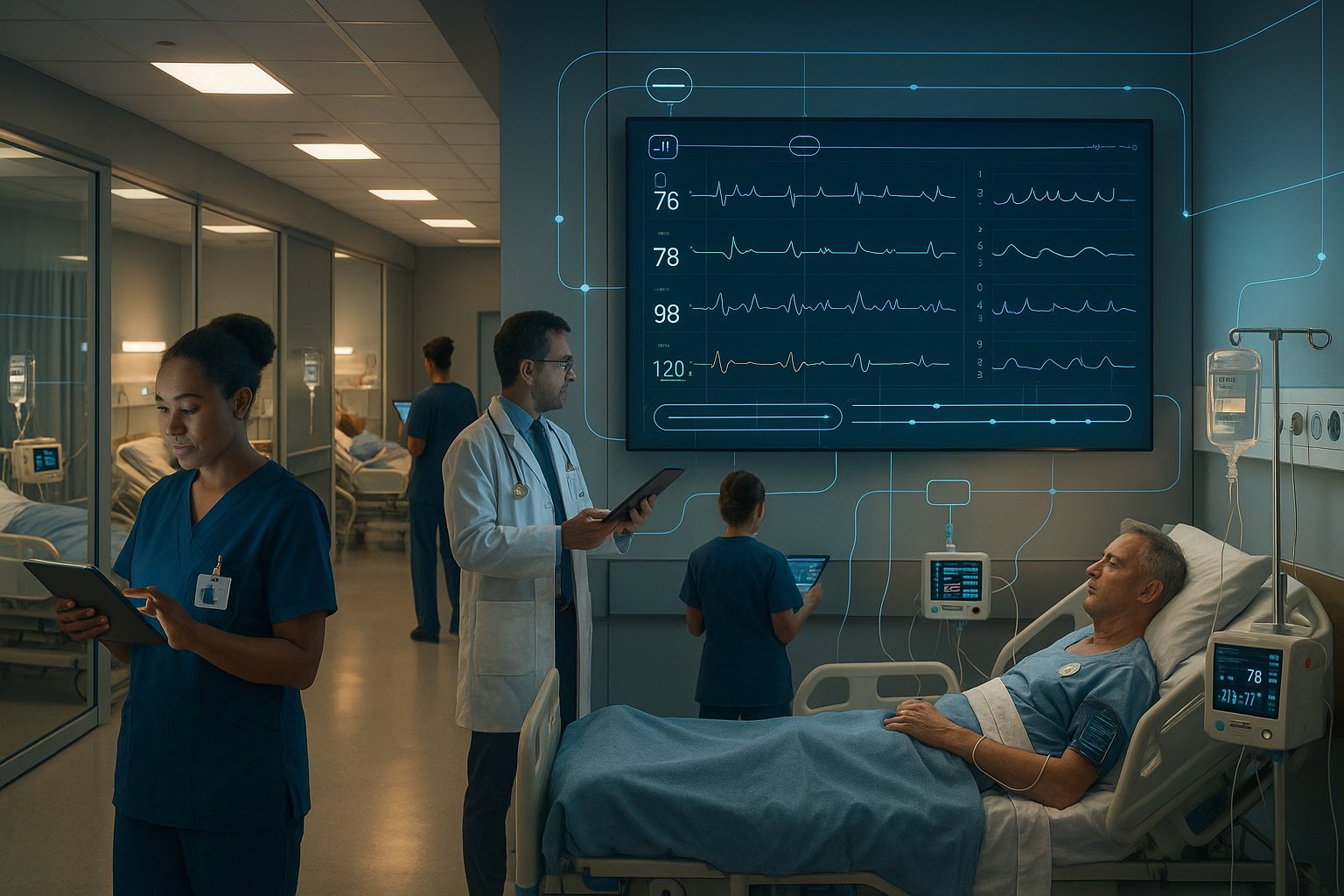











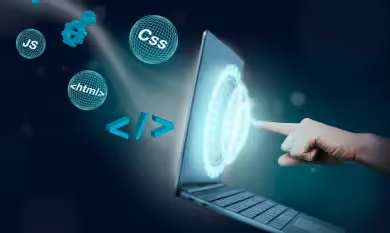
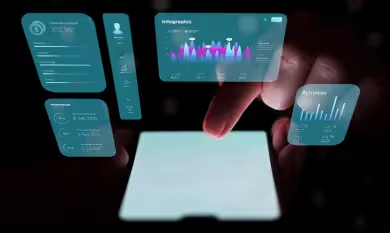
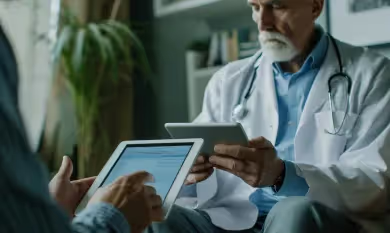
_Computer%20Vision-enabled%20Web%20and%20Mobile%20Interfaces%20for%20Mall%20Management%20in%20Dubai_Q1_In_24.avif)
_Smart%20Solutions%20for%20Healthcare_%20How%20IoT%20Development%20is%20Reshaping%20Dubai%20Hospitals_Q1_In_24.avif)
_Automated%20Checkout%20Systems.avif)
_Smart%20Manufacturing%20in%20Dubai_%20How%20AI%20is%20Driving%20Efficiency%20and%20Innovation_Q1_In_24.avif)

_Understanding%20the%20Impact%20of%20AI%20and%20Machine%20Learning%20on%20Fintech%20Web%20Apps%20in%20Dubai_Q2_24.avif)
_Explore%20the%20Best%20Cross-Platform%20App%20Development%20Frameworks%20of%202024_Q3_24.avif)
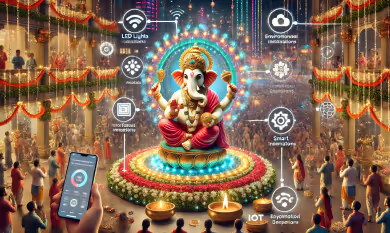

_Top%20Benefits%20of%20Cloud%20Computing%20for%20All%20Business%20Sectors_Q2_24.avif)
_Integrating%20IoT%20with%20Mobile%20Apps%20for%20Advanced%20Renewable%20Energy%20Solutions_Q2_24.avif)

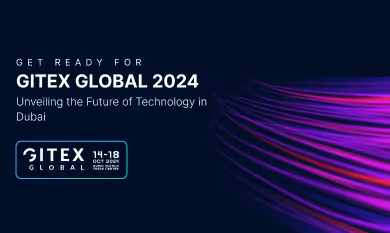
_The%20Transformative%20Role%20of%20Open%20Banking%20APIs%20in%20Fintech%20for%202024_Q3_24.avif)
_Choosing%20the%20Right%20Computer%20Vision%20Development%20Partner%20in%20Ahmedabad%20for%20Construction_Q3_24.avif)
_Node.js%20and%20Blockchain_%20A%20Perfect%20Pair%20for%20Fintech%20Innovation%20in%20Dubai_Q3_24.avif)
_How%20AI%20Development%20Companies%20in%20Ahmedabad%20are%20Transforming%20the%20Shopping%20Experience_Q4_25.avif)
_How%20IoT%20Can%20Reduce%20Energy%20Costs%20in%20Smart%20Factories_Q4_25.avif)

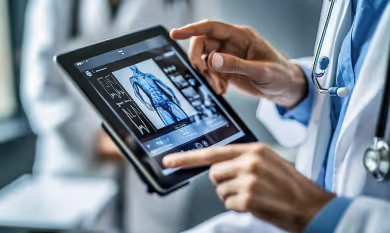

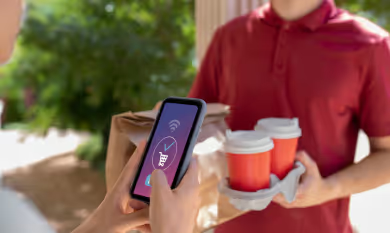








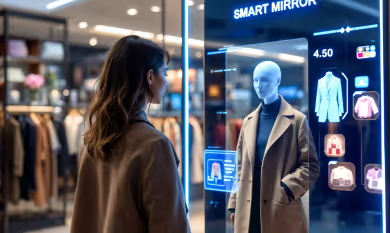
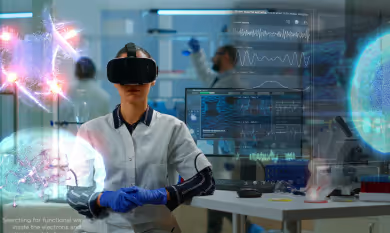
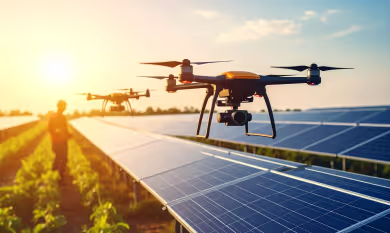
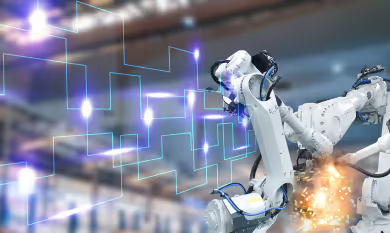


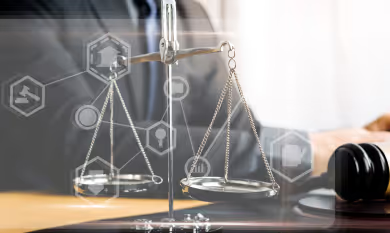


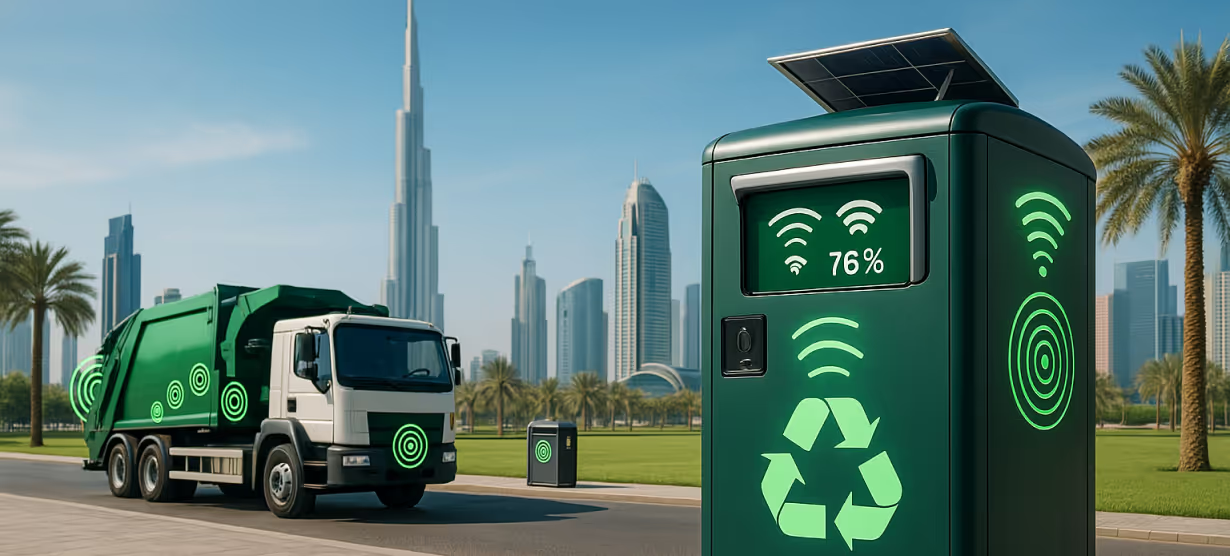

.avif)
.avif)
.avif)

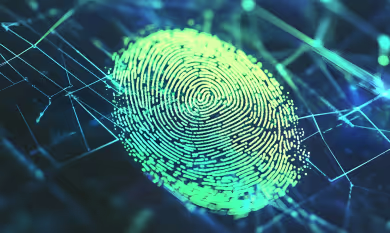
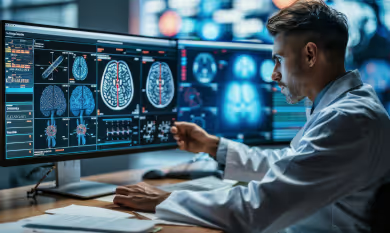
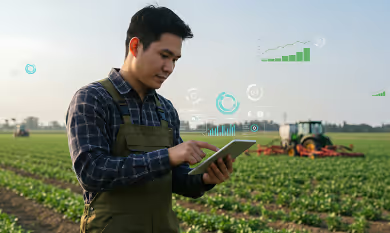

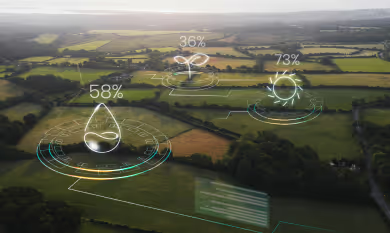


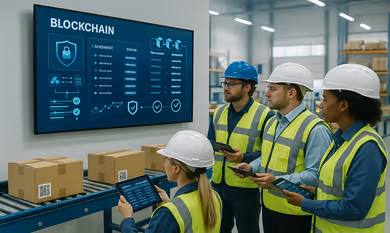

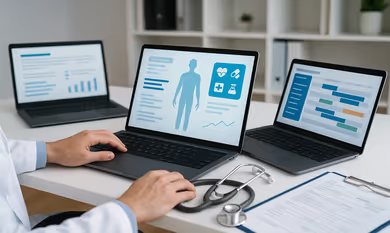




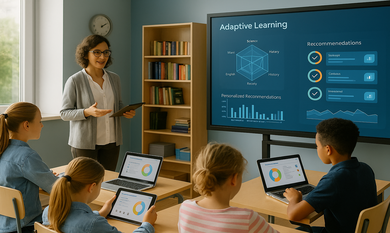

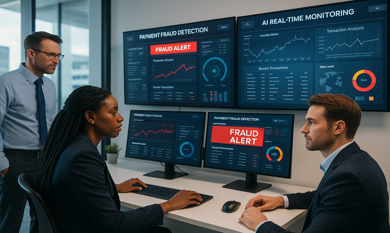

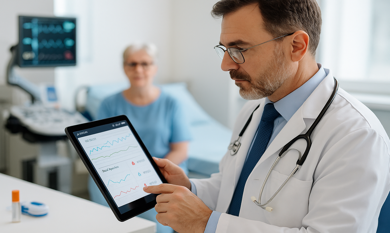
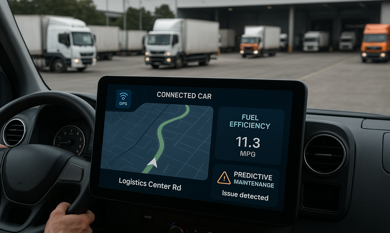
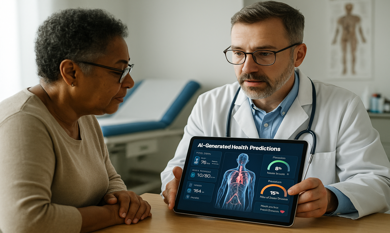
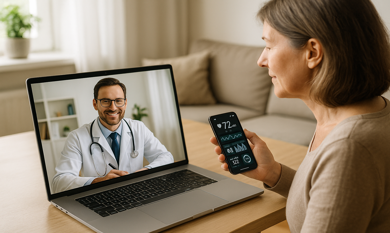
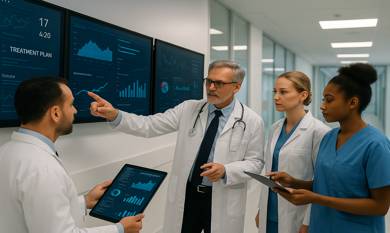

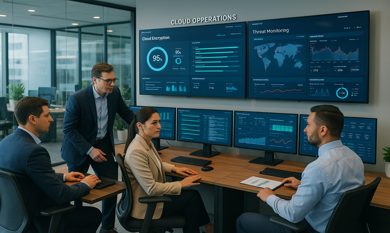

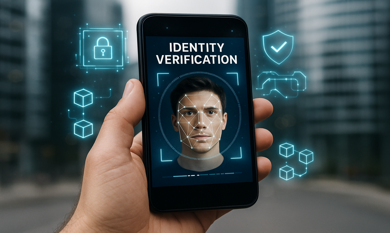



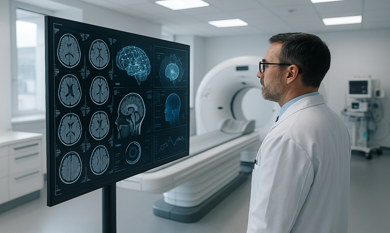
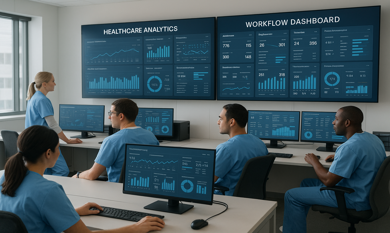
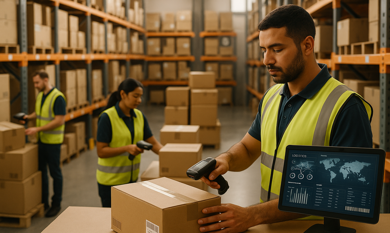
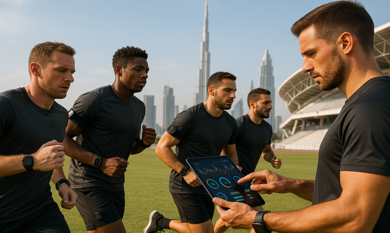


.png)


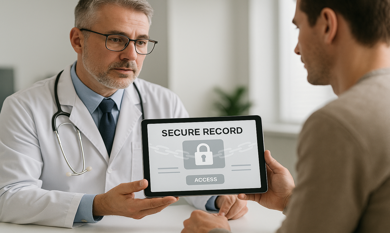


.png)
